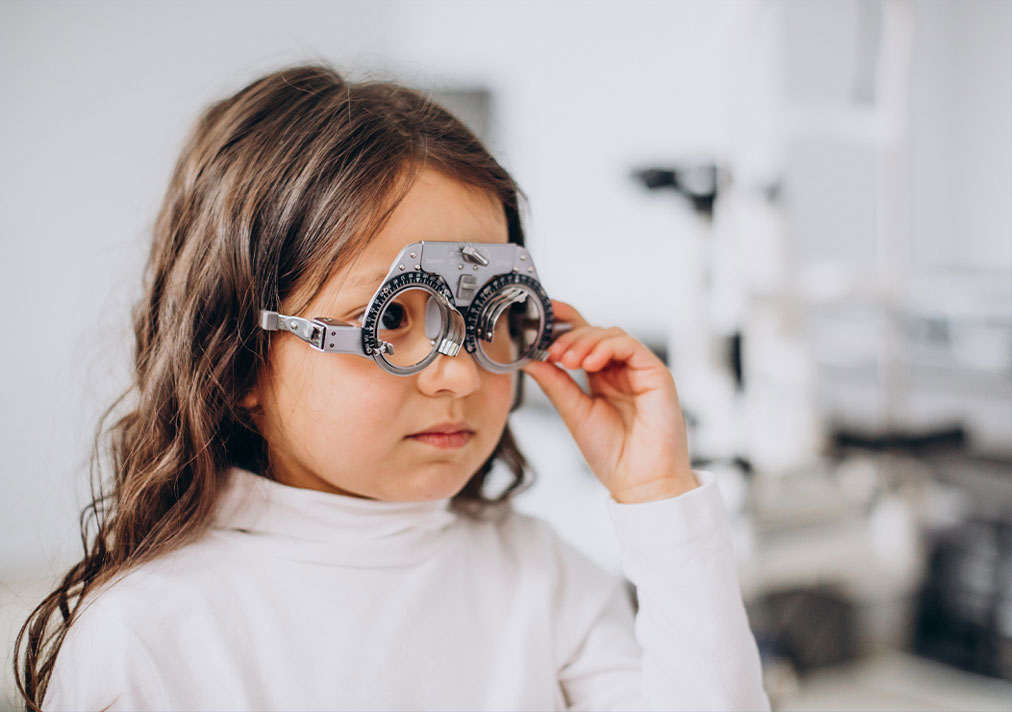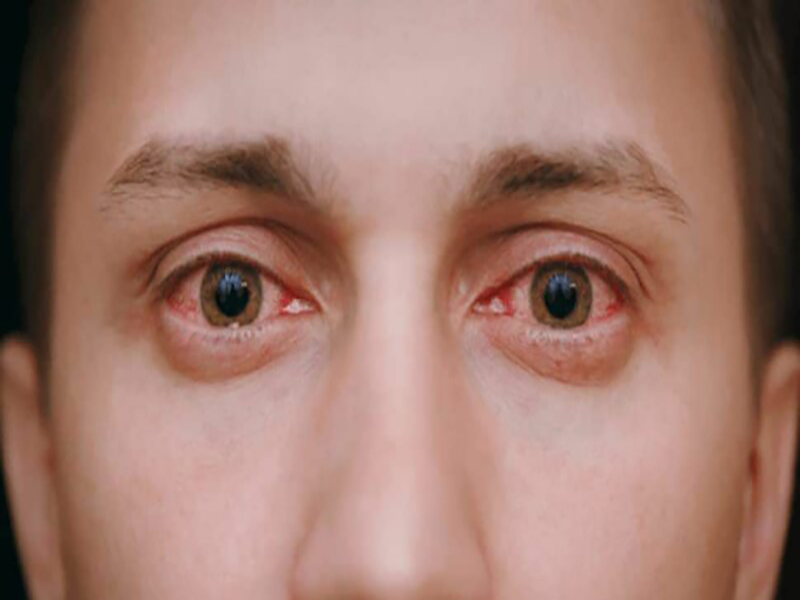As concerns about air pollution rise, safeguarding your eyes is crucial for overall health. While masks are common, focusing on eye protection is equally important. Here are 8 simple tips to shield your eyes from the effects of air pollution.
-
Gentle Cleansing Rituals:
Begin your eye-care routine by washing your face and eyes with clean, lukewarm water. This helps eliminate dust and impurities that may have settled on your skin and eyes throughout the day.
-
Say No to Contact Lenses:
Opt for glasses instead of contact lenses during periods of high air pollution. Contact lenses have the potential to trap particles and pollutants against the surface of your eyes, increasing the risk of irritation and discomfort.
-
Handle with Care – No Rubbing:
Resist the urge to rub your eyes, as this can exacerbate irritation. Instead, use a clean, wet cloth to gently comfort your eyes. This method is not only soothing but also avoids the introduction of additional contaminants.
-
Embrace Protective Eyewear:
Invest in wrap-around goggles or safety glasses to shield your eyes from the detrimental effects of poor air quality. These protective accessories act as a barrier against airborne pollutants, reducing the direct exposure of your eyes.
-
Indoor Air Purity:
Enhance the quality of the air you breathe indoors by incorporating HEPA filters into your home and workplace. These filters are designed to reduce indoor air pollutants, providing a cleaner and healthier environment for your eyes.
-
Nutrient-Rich Diets for Eye Health:
Boost your eye health by incorporating vitamins and nutrients into your diet. Include leafy greens, fruits, and Omega-3 fatty acids, as they contribute to maintaining optimal eye function and combatting the impact of environmental stressors.
-
Regular Eye Checkups:
Prioritize your eye health by scheduling regular eye checkups. Routine examinations not only ensure the overall well-being of your eyes but also facilitate the early detection of potential eye diseases, allowing for prompt intervention.
-
Monitor Air Quality:
Stay informed about the air quality and pollution levels in your area. Keep a vigilant eye on updates and take extra precautions when pollution levels are high. Adjust your outdoor activities accordingly and be proactive in protecting your eyes during challenging air quality periods.




